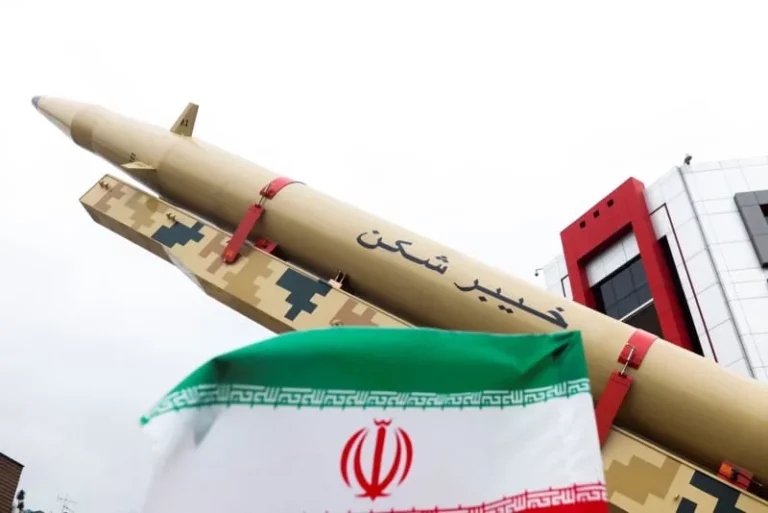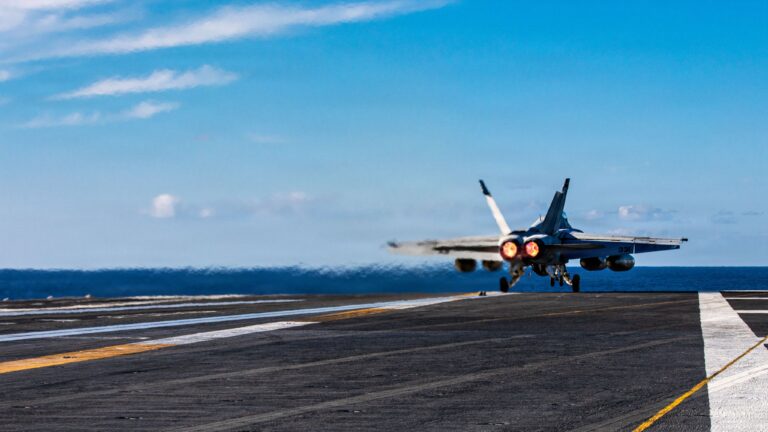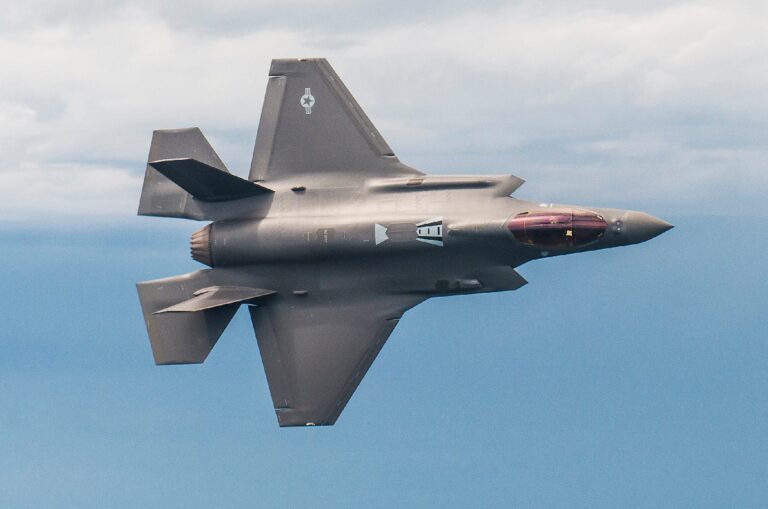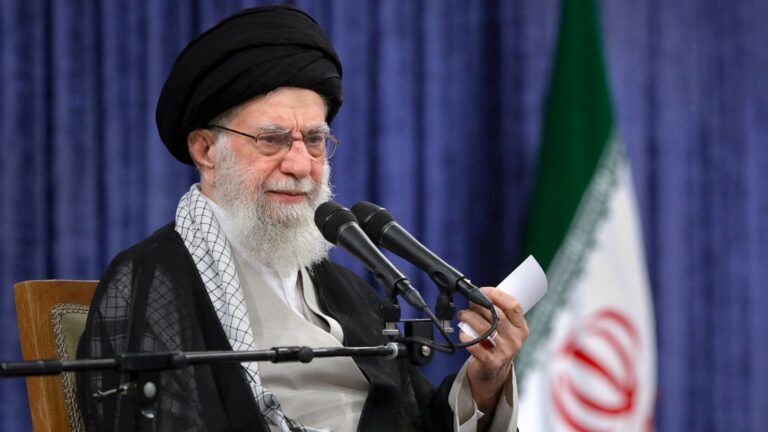The British navy warned Tuesday of a “potential hijack” of a ship off the coast of the United Arab Emirates in the Gulf of Oman, without elaborating.
The incident comes amid heightened tensions between Iran and the West over its tattered nuclear deal and as commercial shipping in the region has found itself in the crosshairs over it. Most recently, the U.S., the U.K. and Israel have blamed Iran for a drone attack on an oil tanker off Oman that killed two people.
The British military’s United Kingdom Maritime Trade Operations initially warned ships Tuesday that “an incident is currently underway” off the coast of Fujairah. Hours later, they said the incident was a “potential hijack.” They did not elaborate.
The U.S. military’s Mideast-based 5th Fleet and the British Defense Ministry did not immediately return calls for comment. The Emirati government did not immediately acknowledge the incident.
Earlier, four oil tankers announced around the same time via their Automatic Identification System trackers that they were “not under command,” according to MarineTraffic.com. That typically means a vessel has lost power and can no longer steer. One of them later began moving.
An Oman Royal Air Force Airbus C-295MPA, a maritime patrol aircraft, was flying over the area where the ships were, according to data from FlightRadar24.com.
Apparently responding to the incident, Iran’s state-run IRNA news agency quoted Foreign Ministry spokesman Saeed Khatibzadeh as calling the recent maritime attacks in the region “completely suspicious.” He denied that Iran was involved.
“Iran’s naval forces are ready for help and rescue in the region,” Khatibzadeh said.
The event comes just days after a drone struck an oil tanker linked to an Israeli billionaire off the coast of Oman, killing two crew members. The West blamed Iran for the attack, which marked the first known assault to have killed civilians in the yearslong shadow war targeting commercial vessels in the region.
Iran denied playing any role in the incident, though Tehran and its allied militias have used similar “suicide” drones in attacks previously.
Israel, the United States and United Kingdom vowed a “collective response” to the attack, without elaborating.
The Gulf of Oman is near the Strait of Hormuz, the narrow mouth of the Persian Gulf through which a fifth of all oil passes. Fujairah, on the UAE’s eastern coast, is a main port in the region for ships to take on new oil cargo, pick up supplies or trade out crew.
Since 2019, the waters off Fujairah have seen a series of explosions and hijackings. The U.S. Navy blamed Iran for a series of limpet mine attacks on vessels that damaged tankers.
Also in 2019, Iran seized the British-flagged Stena Impero on July 19 in the Strait of Hormuz as it was headed from the Iranian port of Bandar Abbas to Dubai. The raid came after authorities in Gibraltar, a British overseas territory, seized an Iranian supertanker carrying $130 million in crude oil on suspicion it was breaking European Union sanctions by taking the oil to Syria. Both vessels were later released.
In July of last year, an oil tanker sought by the U.S. over allegedly circumventing sanctions on Iran was hijacked off the Emirati coast, following months of tensions between Iran and the U.S. The vessel and its crew ended up in Iran, though Tehran never acknowledged the incident.
(AP)











